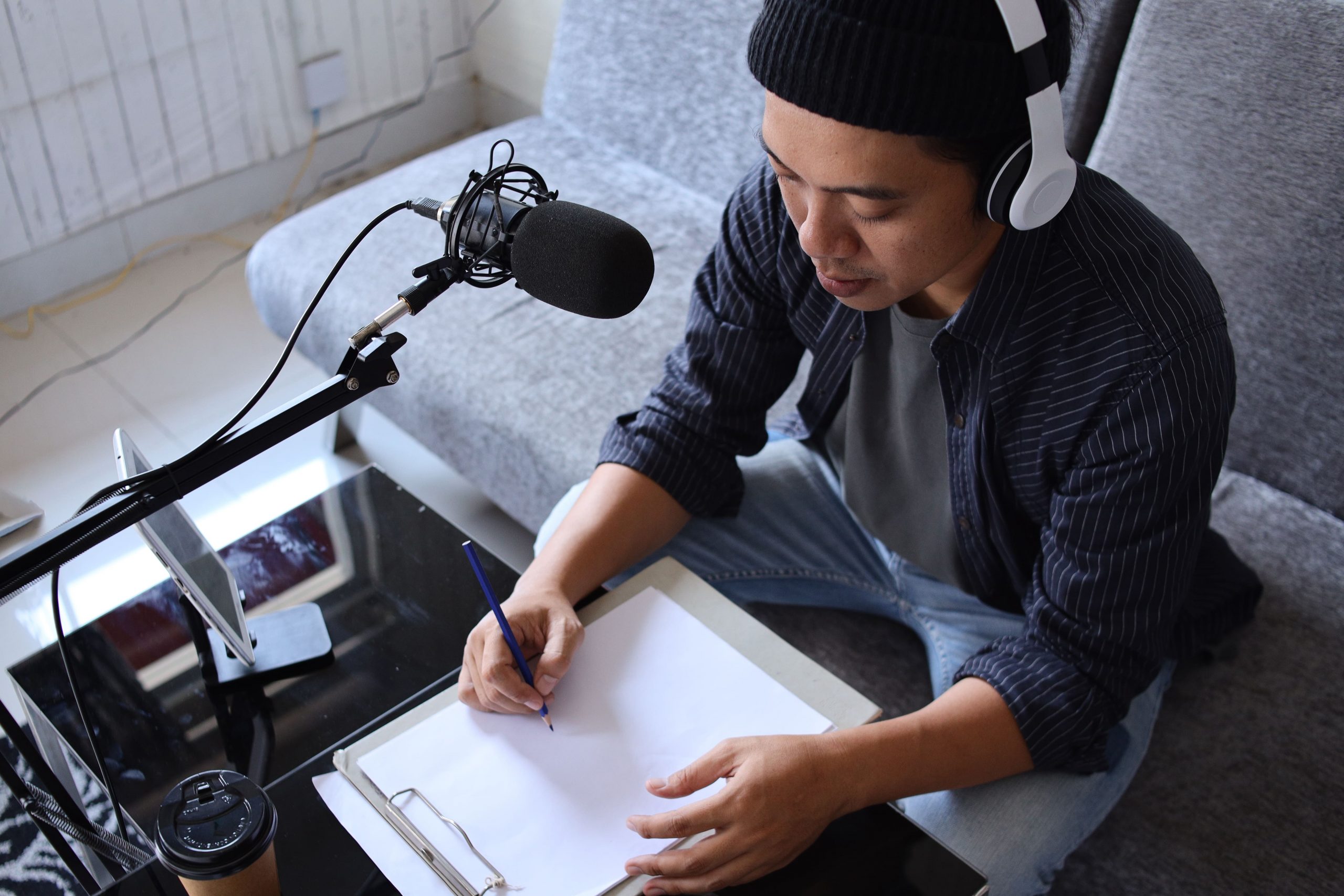If you aspire to become a voiceover talent, setting up your own recording studio is an essential first step. However, it doesn’t need to be expensive or complex as long as you know exactly what equipment you need and understand how to set up the space at home.
What Equipment You Need for a Voice Over Studio at Home
The most essential item you’ll need to start your home voice over studio is a microphone. A high-quality, professional-grade mic will enhance the audio quality you produce as a voice actor. There are many options to choose from but the most common and affordable is USB mics which work with computers without additional audio interface.
For your studio, you’ll also require a microphone isolation shield or box. This will prevent unwanted noise from bouncing around around the microphone and impacting your recordings.
Selecting the Ideal Location for Your Studio
Voiceover artists often need a quiet, acoustically treated space that’s well isolated from other noises. Therefore, it is recommended that you select an area away from any loud household appliances or HVAC systems. Furthermore, avoid areas of your home which tend to be noisy such as bathrooms or kitchens.
It’s wise to find a room large enough for all your equipment and other necessary items. Doing this ensures your studio has plenty of room for future upgrades as your voice over career develops.
What You Should Listen to Your Voice Overs
A great way to ensure the sound quality of your recordings is by monitoring them the same way you would use them for live auditions or final recordings. This can be accomplished using studio grade headphones or using monitors that reproduce the actual recorded sound instead of filtering it.
When recording voice over studio, some of the best microphones to use have an integrated preamp. This will improve audio quality and signal strength significantly. Furthermore, you’ll need a reliable digital audio workstation (DAW) for editing files and adding effects like bass boosts, compressors, levelers and more.
Your choice of DAW will depend on the work you do and what recording projects you have planned. A singer might opt for audio software specifically tailored towards music production, while audio engineers might need something with greater power for editing and mixing tasks.
No matter which DAW you select, make sure your computer has sufficient horsepower and high-speed internet connection for downloading and uploading the audio files created. Voice overs are often large files that need extensive editing time – ensure everything is set up properly before beginning work on them!
Consider investing in a DAW that allows for connectivity with other studios. This is often necessary for many voiceover jobs and can be an enormous advantage.





